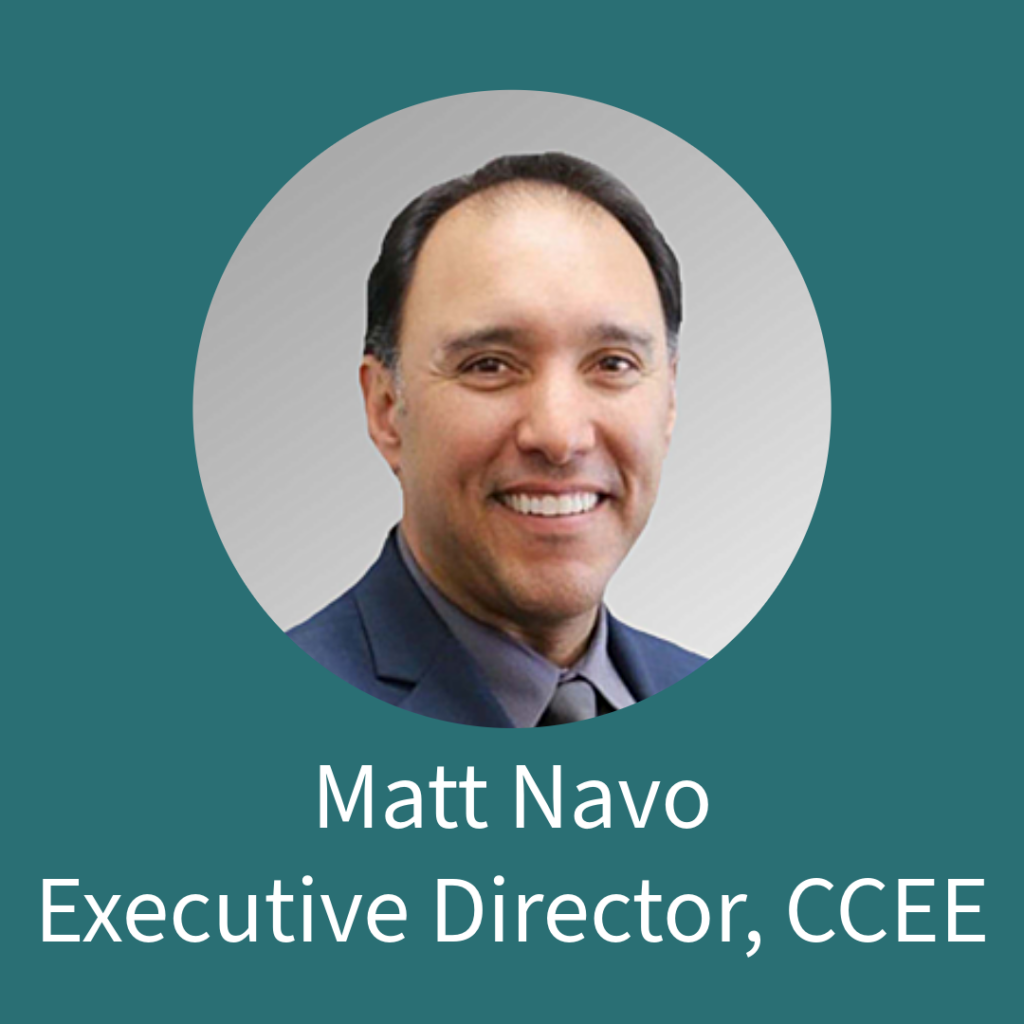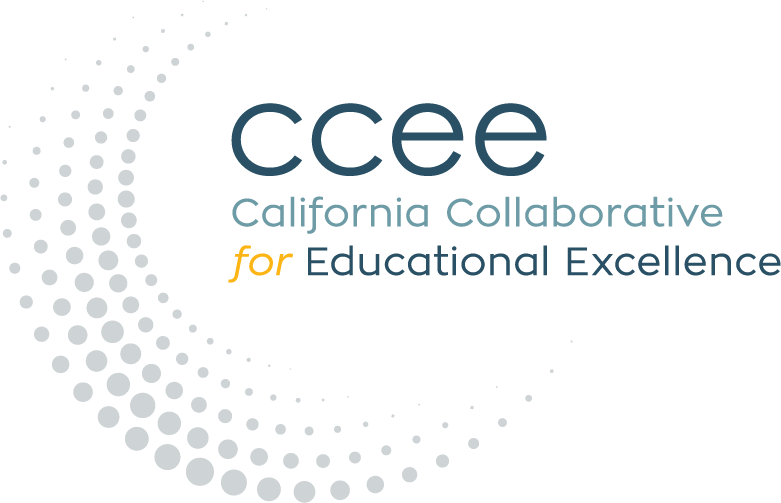As educators, our ultimate goal is to ensure that every student thrives in an environment tailored to their diverse needs. The Universal Design for Learning (UDL) framework provides a transformative approach to fostering inclusivity and equity. To support this mission, we are thrilled to introduce the UDL Data Toolkit—a comprehensive resource designed to help educators measure, monitor, and refine their UDL implementation with precision and purpose.
The UDL Data Toolkit, collaboratively developed with partners like Riverside County Office of Education, Placer County SELPA, and WestEd, equips local educational agencies (LEAs) with tools and strategies to create effective learning environments for all students. By using this resource, educational leaders can not only measure the impact of UDL but also ensure alignment with broader district priorities such as equity, inclusion, and continuous improvement.
Key Features of the UDL Data Toolkit:
- Comprehensive Data Collection: The toolkit provides structured guidance on collecting data across students, educators, leaders, and systems, offering a holistic view of UDL implementation.
- Multiple Levels of Data Analysis: From district-wide trends (large grain) to classroom-level insights (fine grain), this resource ensures actionable data at every level.
- Practical Tools and Resources: Includes no-cost assets such as surveys, rubrics, observation tools, and self-assessments tailored to diverse educational settings.
- Focus on Data Ethics and Privacy: Aligns with best practices to ensure data governance and student privacy while fostering transparency and trust.
This resource exemplifies the commitment of the Statewide System of Support to empower educators with practical tools for real-world challenges. By integrating data-driven strategies with UDL principles, this toolkit helps schools create learning environments where every student can succeed academically, behaviorally, and socio-emotionally.
We invite educators to take advantage of this robust resource to refine their UDL practices and drive meaningful change in their schools and districts. Together, let’s embrace the power of data to create inclusive and equitable education for all.
For more information or assistance, please visit our website. Stay connected for updates and upcoming resources via our events calendar and the Statewide System of Support Resource Hub.

